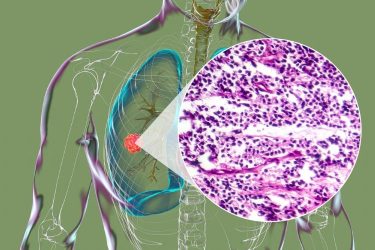
New research has proposed a method to increase the effectiveness of tumour-infiltrating lymphocyte (TIL) immunotherapy. Investigators identified that the natural immune protein called CD40L was key in improving TIL cultures in the lab.
“We discovered that by adding CD40L to the immune cells in the lab, we could dramatically improve the number and quality of cancer-fighting T cells we’re able to grow,” explained Daniel Abate-Daga, PhD, lead author of the study and Scientific Director of the Cell Therapies Core at Moffitt Cancer Center in the US.
According to Rossetti et al., in more challenging specimens, TIL cultures grew successfully in 67 percent of samples using CD40L. Comparatively, 33 percent samples grew without it.
“We discovered that by adding CD40L to the immune cells in the lab, we could dramatically improve the number and quality of cancer-fighting T cells we’re able to grow”
Furthermore, their paper also reported that the enhanced cells demonstrated greater stem-like T-cells, “with superior long-term persistence in vivo”.
One of their key study findings showed that “the function of tumour-targeting T-cells may be affected by CD58 expression in other immune cells”. Further, they reported their results “indicate that the presence of APCs (such as B-cells and DCs), and of [tertiary lymphoid structures], may condition the clinical outcome to TIL therapy”.
Enhancing manufacturing for TIL immunotherapy
The approach also improved manufacturing timelines, reducing the time taken to manufacture these cells by one week, the authors wrote.
“TIL therapy is one of the most promising treatments we have for solid tumours,” stated Abate-Daga. “This discovery could help more patients benefit and do so more quickly.”
Looking ahead, the researchers anticipate CD40L-enhanced TILs becoming the next-generation standard for TIL immunotherapy.
A Phase I/II clinical trial in non-small cell lung cancer is ongoing to further understand the potential of this novel approach.
Results of their study were published in the Journal for Immunotherapy of Cancer.
The post Innovative approach could improve cancer immunotherapy appeared first on European Pharmaceutical Review.

